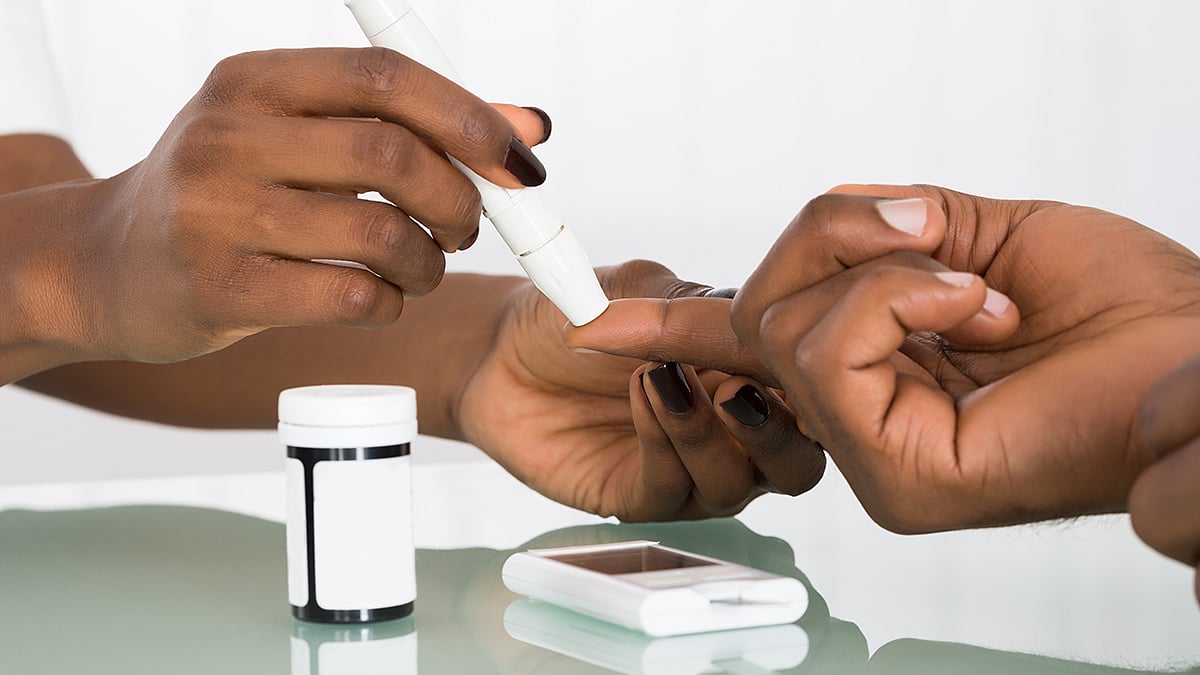Poor blood sugar control in adolescence increases likelihood for developing neuropathy in adulthood
By Lori Solomon HealthDay Reporter
WEDNESDAY, Oct. 22, 2025 (HealthDay News) — Poor blood sugar control in adolescents with type 1 diabetes (T1D) increases the risk for future complications, according to a study published in the October issue of Diabetes Research and Clinical Practice.
Chris Moran, from Monash University in Australia, and colleagues examined the 30-year glycemic trajectory in children with early-onset T1D. The analysis included 30 children with T1D (1990 to 1992) participating in the Cognition and Longitudinal Assessment of Risk Factors study.
The researchers found that during an average of 29.7 years of follow-up, one-third of participants developed neuropathy, 63 percent developed diabetes-related eye disease, and 10 percent developed nephropathy. Compared with childhood (8.2 percent [66.1 mmol/mol]; P < 0.001) and adulthood (8.2 percent [66.1 mmol/mol]), mean hemoglobin (Hb) A1c estimates during adolescence (9.0 percent [74.9 mmol/mol]) were higher. There was a significant association between greater deviation from mean childhood HbA1c and increased neuropathy risk (relative risk ratio, 7.8; P = 0.009), but no association was seen for retinopathy or nephropathy (P ≥ 0.06).
“This unique study emphasizes the importance of supporting teenagers with T1D to manage their blood sugar well and ensure a smooth transition to adult care to prevent future complications,” coauthor Eva Feldman, M.D., Ph.D., from the University of Michigan in Ann Arbor, said in a statement.
Abstract/Full Text (subscription or payment may be required)
Copyright © 2025 HealthDay. All rights reserved.








